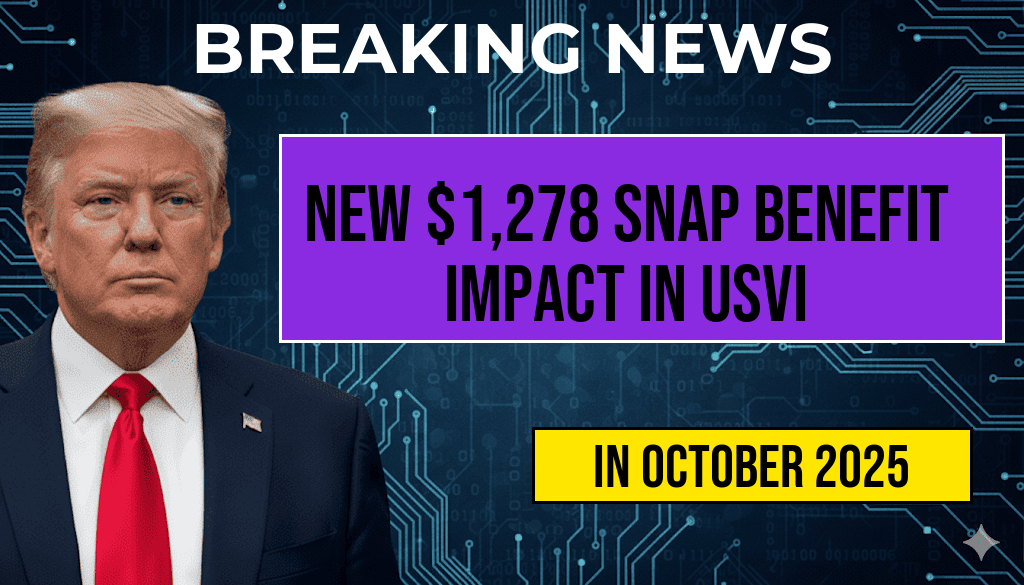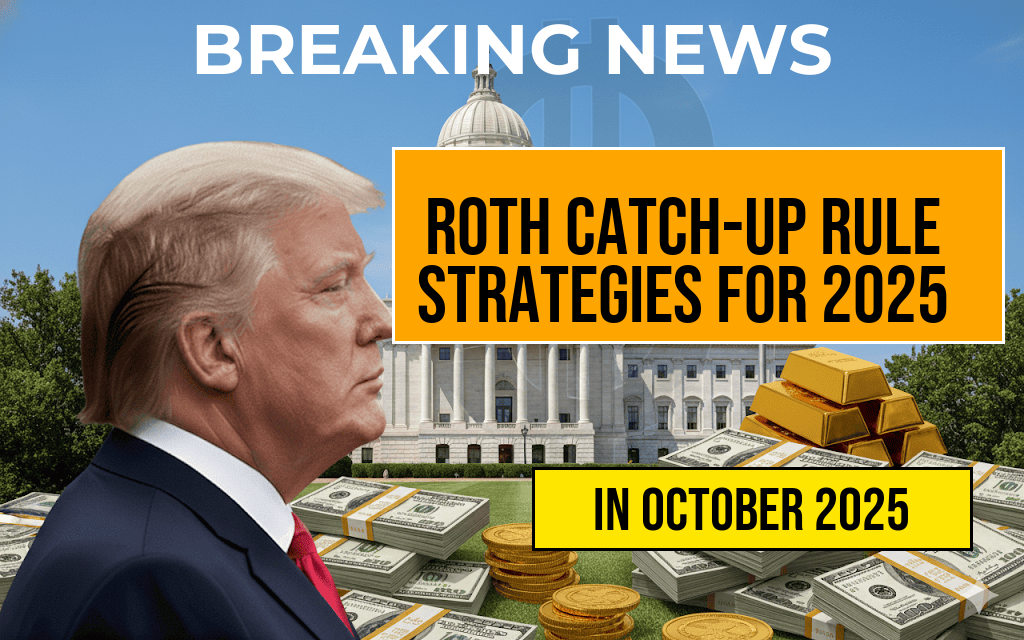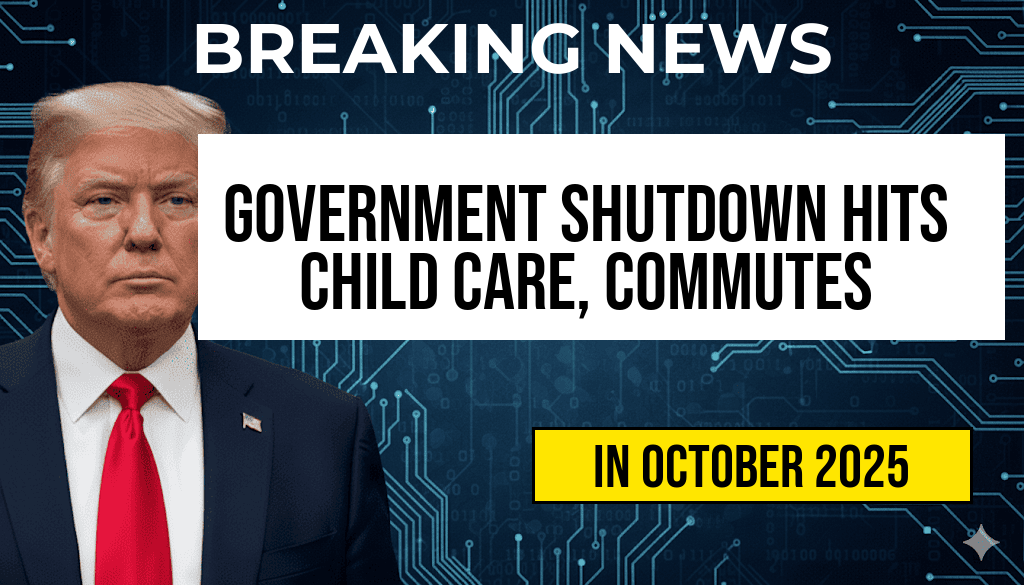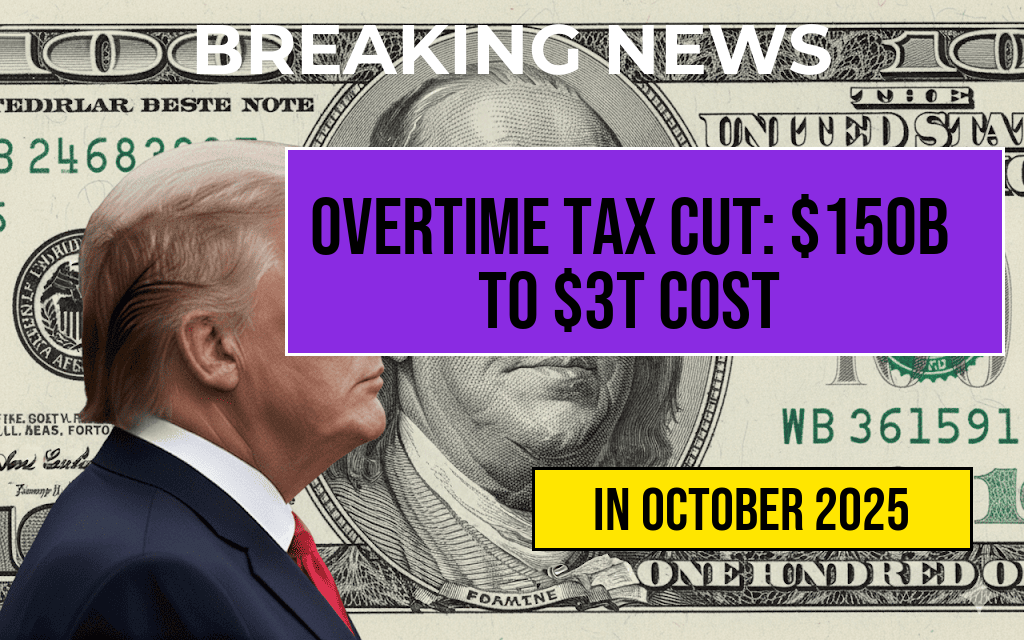The recent decision by the District of Columbia to implement a pay increase for police officers has sparked significant discussion regarding its implications for both the officers and the city’s budget. Effective from the start of the fiscal year, this pay adjustment aims to enhance recruitment and retention in a time when many urban police departments are grappling with workforce shortages. The new salary structure is expected to provide immediate financial relief to officers, while also presenting challenges to the city’s fiscal planning. Understanding the real dollar benefits and potential budgetary impacts is essential for assessing the long-term effects of this initiative on both law enforcement and the community.
Details of the Pay Increase
Beginning this fiscal year, the D.C. police will see an approximate 10% salary increase across various ranks. The new salary structure is designed to make compensation more competitive compared to other metropolitan areas. Under the new plan:
- Entry-level officers will see their pay rise from about $60,000 to approximately $66,000 annually.
- Sergeants and lieutenants will also receive substantial raises, with salaries increasing by more than $8,000 in some cases.
- Additional benefits such as overtime pay and bonuses for special assignments remain unchanged, further enhancing total compensation packages.
Financial Implications for Officers
The pay increase provides immediate financial benefits to officers, which can alleviate some of the economic pressures they face. The additional income allows officers to invest in housing, education, and other personal expenses. A breakdown of the financial impact includes:
| Position | Previous Salary | New Salary | Annual Increase |
|---|---|---|---|
| Entry-Level Officer | $60,000 | $66,000 | $6,000 |
| Sergent | $75,000 | $83,000 | $8,000 |
| Lieutenant | $90,000 | $98,000 | $8,000 |
Budgetary Considerations for the City
While the pay increase is a significant benefit for officers, it also raises questions about the city’s budget sustainability. The D.C. government must account for the increased payroll expenses in its annual budget, which could lead to reallocations or cuts in other areas. The total cost of the pay increases is projected to be approximately $50 million annually.
City officials are assessing how to balance these new expenses with existing budgetary commitments, including funding for schools, infrastructure, and public health. The long-term financial strategy includes:
- Identifying potential savings in other departments.
- Exploring alternative funding sources, such as federal grants.
- Implementing cost-saving measures to mitigate the impact of rising personnel costs.
Community Reactions and Broader Impact
The response from the community has been mixed. Advocates argue that better pay will lead to improved morale and performance among police officers, thereby enhancing public safety and community relations. Critics, however, express concerns about how the pay increase could affect the city’s budget and priorities.
Some community leaders emphasize the need for a comprehensive approach to public safety that includes not only well-compensated officers but also investments in community programs, mental health services, and crime prevention initiatives. The effectiveness of the pay increase in achieving these broader goals remains to be seen.
Conclusion
The decision to raise police salaries in D.C. reflects a growing recognition of the challenges faced by law enforcement agencies in retaining qualified personnel. As the city navigates the implications of this financial commitment, the potential benefits for officers must be weighed against the broader budgetary impacts. Policymakers will need to ensure that these increases contribute positively to public safety while maintaining fiscal responsibility.
For more information on police salaries and funding, visit Wikipedia or explore analysis from Forbes.
Frequently Asked Questions
What is the main reason for the DC Police pay increase?
The main reason for the DC Police pay increase is to attract and retain qualified officers in a competitive job market, ensuring that the police force can effectively serve and protect the community.
How will the pay increase affect the city budget?
The pay increase for DC Police will impact the city budget by requiring additional funding allocation, which may necessitate adjustments in other areas of the budget to accommodate the increased salary expenses.
What are the real dollar benefits for officers following the pay increase?
Officers will experience an increase in their real dollar earnings, which can improve their quality of life, provide better financial stability, and offer enhanced benefits that come with higher salaries.
Are there any potential drawbacks to the pay increase?
While the pay increase may improve officer retention, potential drawbacks include increased pressure on the city budget, which could lead to cuts in other services or programs if not managed properly.
How does the pay increase compare to neighboring jurisdictions?
The DC Police pay increase is designed to be competitive with neighboring jurisdictions, ensuring that DC remains an attractive option for potential recruits and helps to maintain officer morale and performance.











